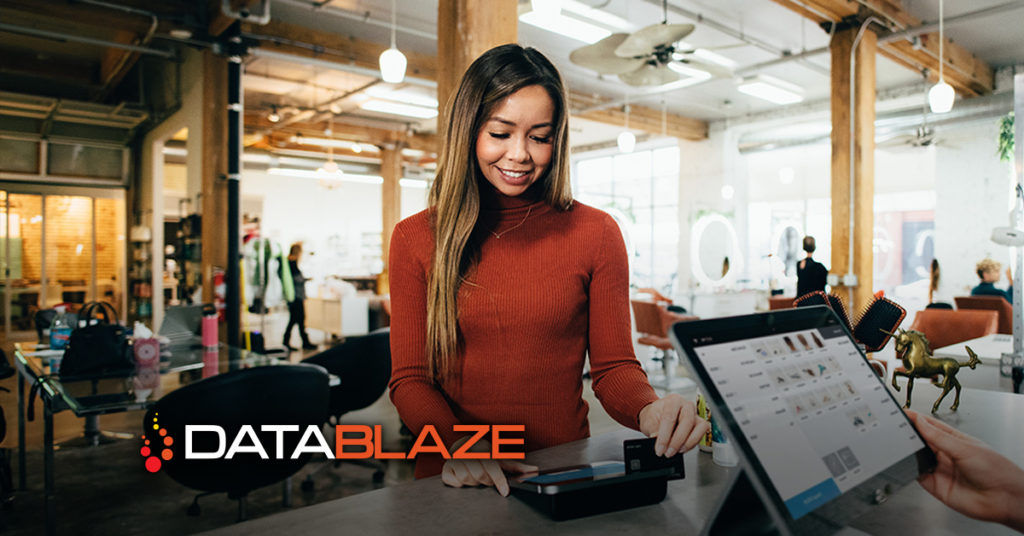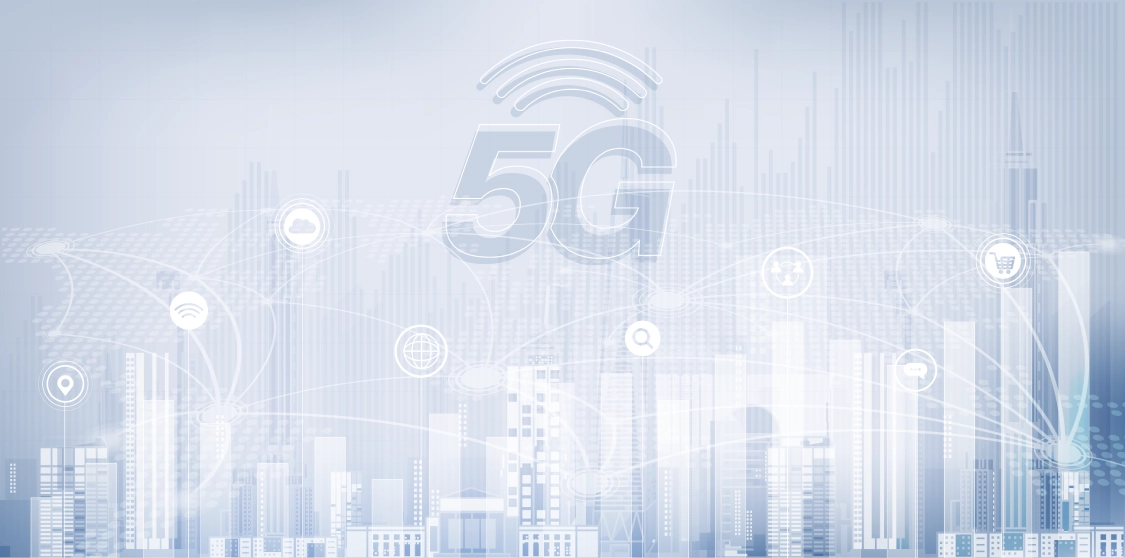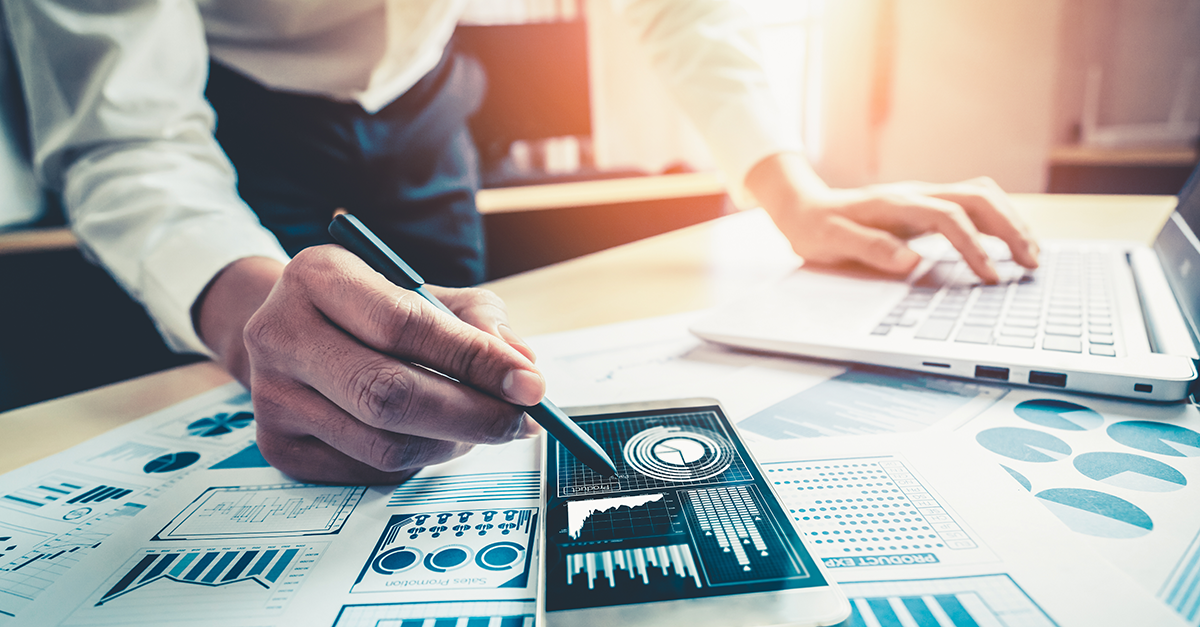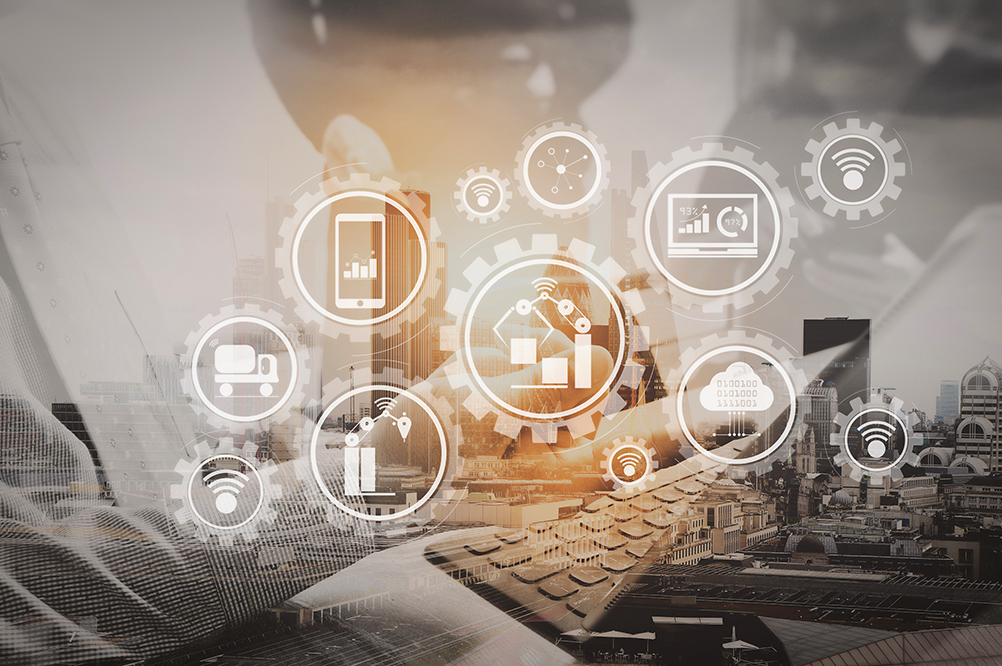IoT has already proven itself as a more than viable approach to optimizing operations in a variety of industries – as we’ve talked about before, the oil and gas, construction, and medical industries all have realized substantial returns on their investments into IoT or Internet of Things technologies. From the ability to monitor and regulate pipelines to the ability to track shipments, IoT systems helping businesses run more efficiently than ever before.
But there are other industries where, to some, the value of IoT applications may not be as apparent. Retail might seem to be just such an industry, but that couldn’t be further from the truth. In fact, retail is one of the biggest users of IoT applications, and those applications are growing all the time. This aspect, coupled with an intuitive IoT management software, can allow retail organizations to increase their profits and improve knowledge of their retail business processes.
Turns out, there’s a lot more to profitable retail than just the inventory on the shelves. A profitable retail enterprise looks to optimize every aspect of its business, and IoT helps make that happen in a variety of ways:
Retail IoT for the Front of the House
- Customer Experience – Retailers utilize IoT systems in-store to collect customer data (direct and indirect) immediately and use that data to adjust everything from product placement to pricing in near real-time. Retailers can instantly gather data on which products are selling better at different locations, and make adjustments on the fly according to that data.
- Asset Tracking – When companies think about saving costs, they may not think about something like shopping carts. But when you consider that shopping carts typically run for $100-200 each, and they routinely go missing, those costs can add up fast. Sensors placed in those carts help retailers track those assets and save on costs.
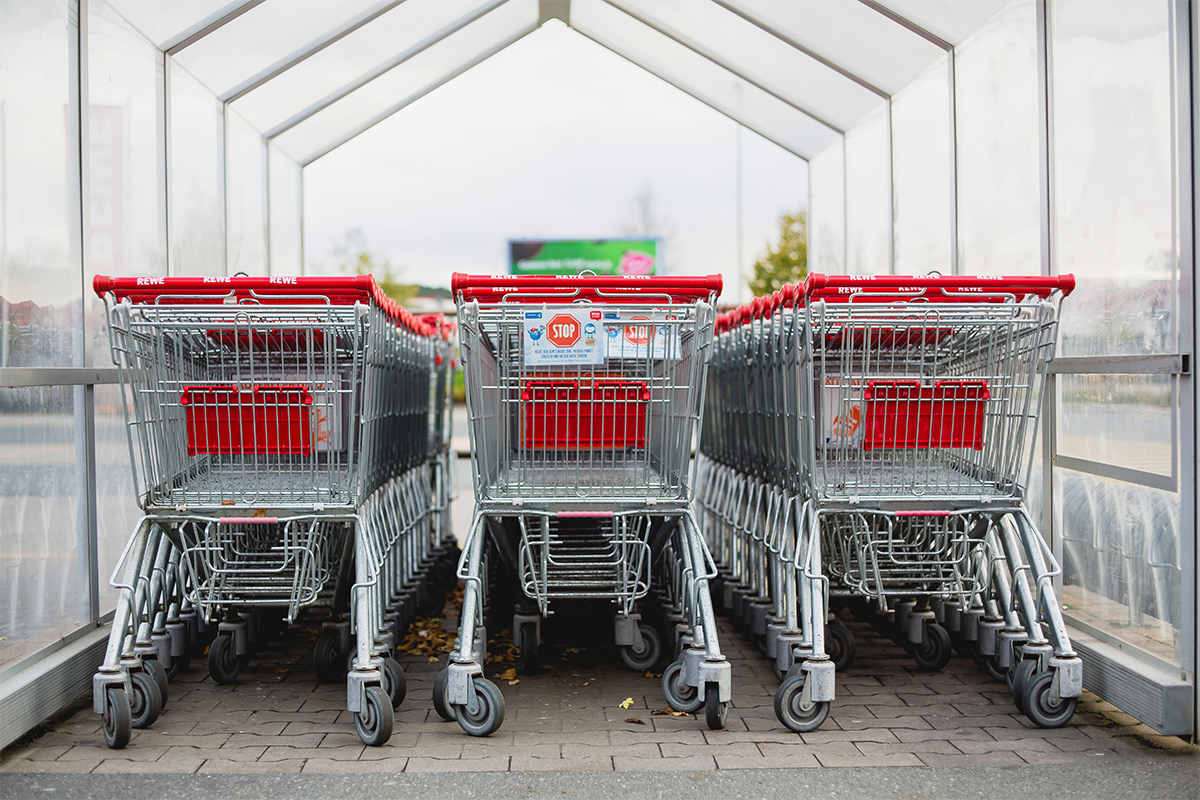
Retail IoT for the Back of the House
- Inventory Management – Radio Frequency Identification (RFID) systems are used by many retailers to track inventory in both the warehouse and the store, for loss prevention and inventory management purposes. Unlike bar codes, RFID-tagged inventory doesn’t need to be scanned to tell the retailer what and where it is, which leads to much more effective inventory management over more traditional methods.
- Shipping – Asset management is one of the killer IoT apps in retail. Sensors placed in various goods and shipments help reduce shrinkage and loss due to theft, allow timely placement on shelves, and ensure that goods are delivered in acceptable condition – sensors can track everything from temperature during shipping, to tilt and damage, to ensure that products arrive in good time and in good shape, and losses are kept to a minimum.
Retail IoT for Logistics
- Fleet management – From the use of RFID trackers to ensure the right merchandise is placed on the right trucks, to the use of onboard sensors to detect everything from engine problems to weather conditions, to GPS-based systems that correct routes based on real-time information, IoT systems have revolutionized how retailers manage their fleet operations.
- Route Optimization – One formerly hidden cost for many retailers used to lay within inefficient route selection for shipping and transportation. By collecting data on routes utilized by their trucks, retailers can compare the routes taken against traffic data to find more efficient routes that save on fuel costs and shorten delivery times, both of which lead to better efficiency and lower costs.
Retail IoT on The Bottom Line
One thing to take away from the points above is that much of the profit margin in a retail enterprise doesn’t just lie in good merchandising or the wholesale pricing of goods, rather, much or even most of the profit margin in retail is realized from efficient management and logistics. In fact, in a recent Deloitte survey fully 74% of respondents saw supply chain contributions to the bottom line increase from 4% to 8.5-10% within the first year.
Datablaze has seen this revolution, and we know what it takes to make it happen.
Contact Datablaze for a demonstration on how to correctly optimize your retail operations with Datablaze IoT solutions.
